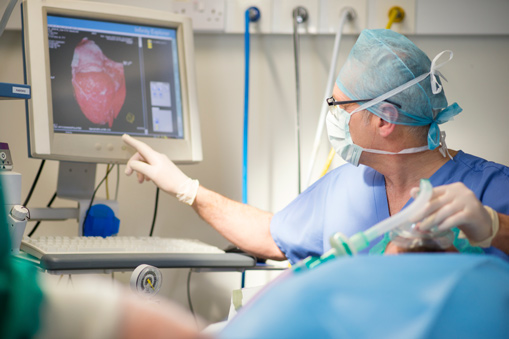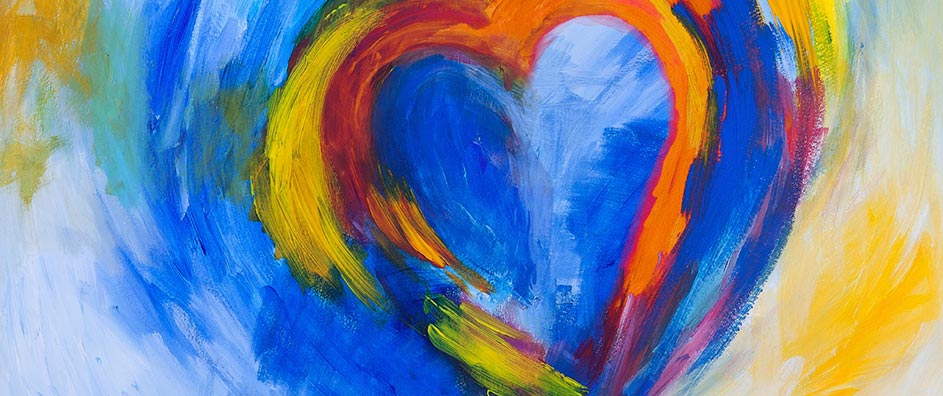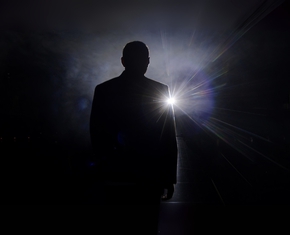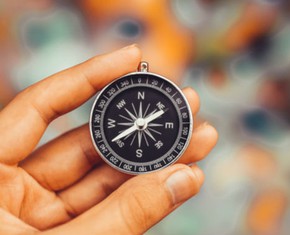The views expressed in our content reflect individual perspectives and do not represent the authoritative views of the Baha'i Faith.
Know, verily, that the soul is a sign of God, a heavenly gem whose reality the most learned of men hath failed to grasp, and whose mystery no mind, however acute, can ever hope to unravel. – Baha’u’llah, Gleanings from the Writings of Baha’u’llah, pp. 158-159.
We know so much now, as a species. Humanity’s scientific knowledge grows exponentially every day. Technologically, we expand by leaps and bounds each week. The world, previously so unexplored and unknown, has now given up many of its secrets. We can cure the human body of disease in so many marvelous ways. The sum total of human knowledge doubled, Buckminster Fuller calculated, every hundred years in 1900; and every 25 years in 1945. By 2014, many different scientists estimated that the scope of our knowledge now doubles every year.
Last month surgeons took apart my wife’s heart and put it back together–reconstructed, re-vascularized and renewed. “Her rebuilt heart should last many more decades,” one of the doctors told us. Even a generation or two ago, that would have been completely impossible, even unthinkable, a miracle.
In a few years, researchers estimate, the life sciences will have the ability to grow new, replacement organs using your own DNA.
Today, though, we can only transplant hearts, not grow new ones. I first got interested in heart transplants when my uncle introduced me to the pioneering cardiac transplant surgeon Michael DeBakey at his hospital in Houston. I had the opportunity to talk to him about his work, see his lab and tour his surgical suites, and I’ve been fascinated by the scientific miracles of organ transplantation ever since. Dr. DeBakey also invented the very first version of the heart/lung pump that made my wife’s cardiac surgery possible, so I’ll always owe him a great debt of gratitude.
 Although legendary scientists like Dr. DeBakey have contributed so much to human knowledge, they are usually the first to admit that what we still don’t know absolutely dwarfs the grand total of what we do know. My uncle told me the good doctor had a sign on his desk that said “All surgeons parade a slim knowledge in front of a massive ignorance.”
Although legendary scientists like Dr. DeBakey have contributed so much to human knowledge, they are usually the first to admit that what we still don’t know absolutely dwarfs the grand total of what we do know. My uncle told me the good doctor had a sign on his desk that said “All surgeons parade a slim knowledge in front of a massive ignorance.”
For example: while we can physically transplant a heart into a living person from a donor who has passed on to the next world; we don’t really fully know or understand what spiritual impact that transplant might have on the recipient—with only a few exceptions. The late Dr. Paul Pearsall conducted research into the memories of heart transplant patients, and came to believe in what he called “cellular memory,” the transference of some of the life experiences of the deceased heart donor to the recipient. In Dr. Pearsall’s book The Heart’s Code, he interviewed a large group of heart donor families, and then separately and confidentially spoke to the transplant recipients about this phenomena. Here’s a short summary of just one case among many, all of them detailed further in the book:
The donor was a 17 year old African American male student, a victim of a drive-by shooting. The recipient was a 47 year old Caucasian male foundry worker diagnosed with aortic stenosis.
The donor’s mother reported:
Our son was walking to violin class when he was hit. Nobody knows where the bullet came from, but it just hit him and he fell. He died right there on the street hugging his violin case. He loved [classical] music and his teachers said he had a real thing for it. He would listen to music and play along with it. I think he would have been at Carnegie Hall someday, but the other kids always made fun of the music he liked.
The recipient reported:
I’m real sad and all for the guy who died and gave me his heart, but I really have trouble with the fact that he was black. I’m not a racist, mind you, not at all. Most of [my] friends at the plant are black guys. But the idea that there is a black heart in a white body seems really… well, I don’t know… I can tell you one thing, though. I used to hate classical music, but now I love it. So I know it’s not my new heart, because a black guy from the ’hood wouldn’t be into that. Now it calms my heart. I play it all the time. I more than like it. I play it all the time. I didn’t tell any of the guys on the line that I have a black heart, but I think about it a lot.
The recipient’s wife reported:
He was more than concerned about the idea when he heard it was a black man’s heart. He actually asked me if he could ask the doctor for a white heart when one came up. He’s no Archie Bunker, but he’s close to it. And he would kill me if he knew I told you this, but for the first time, he’s invited his black friends over from work. It’s like he doesn’t see their color anymore, even though he still talks about it sometimes. He seems more comfortable and at ease with these black guys, but he’s not aware of it. And one more thing I should say. He’s driving me nuts with the classical music. He doesn’t know the name of one song and never, never listened to it before. Now, he sits for hours and listens to it. He even whistles classical music songs that he could never know. How does he know them? You’d think he’d like rap music or something because of his black heart. – Dr. Paul Pearsall, The Heart’s Code, pp. 107-108.
The Baha’i teachings make no comment on as-yet-unproven theories like cellular memory—but they do, unequivocally, tell us that we each possess a great, mysterious reality associated with our eternal spiritual existence. Call it what you will—spirit, soul, mind, heart, identity, consciousness or essence—it represents our innermost being and defines our very substance:
Verily I say, the human soul is, in its essence, one of the signs of God, a mystery among His mysteries. It is one of the mighty signs of the Almighty, the harbinger that proclaimeth the reality of all the worlds of God. Within it lieth concealed that which the world is now utterly incapable of apprehending. – Baha’u’llah, Gleanings from the Writings of Baha’u’llah, p. 160.
















Comments
Sign in or create an account
Continue with Googleor